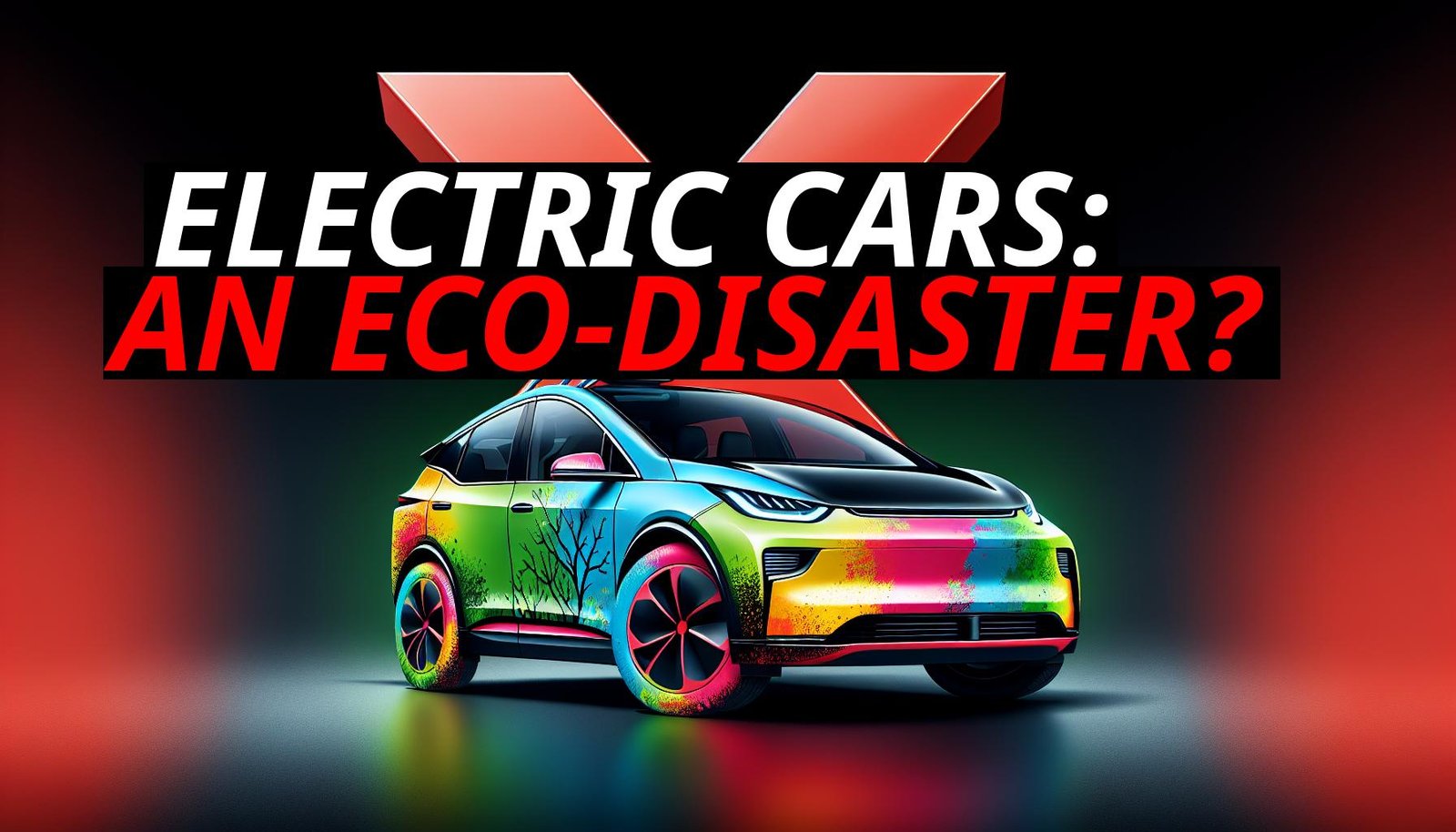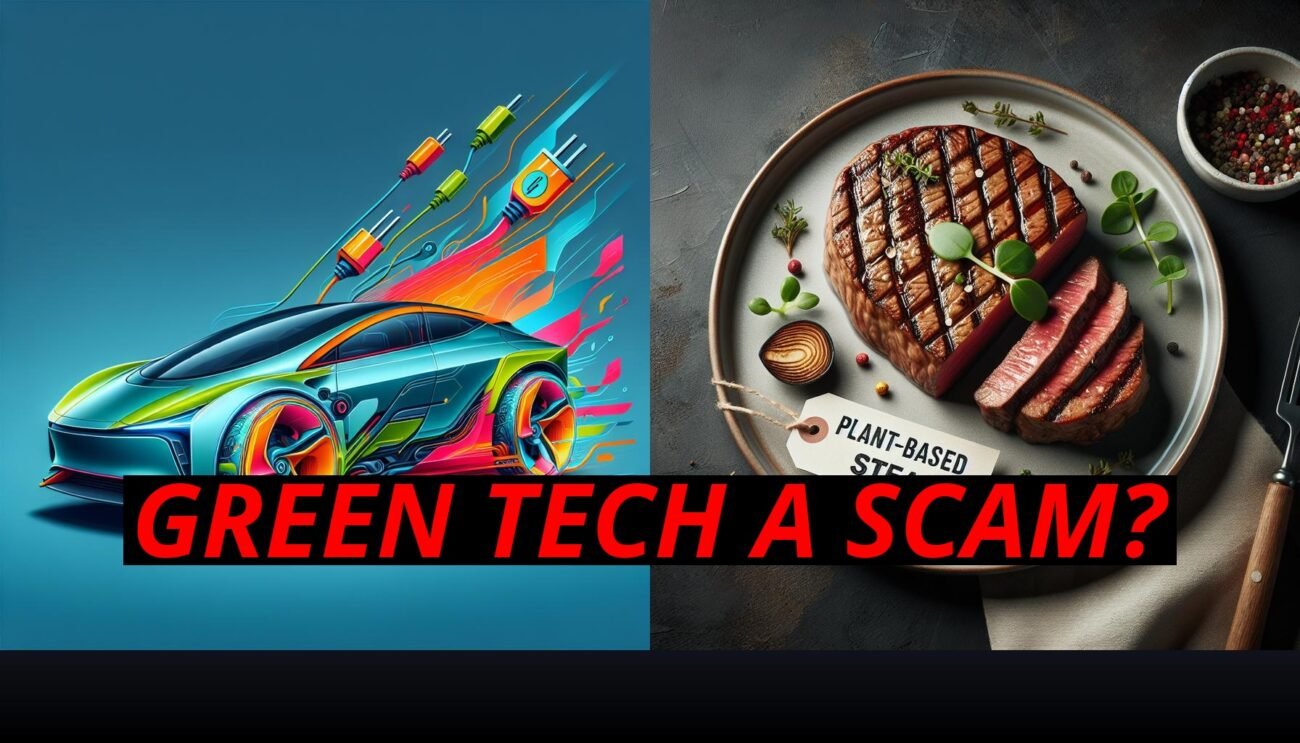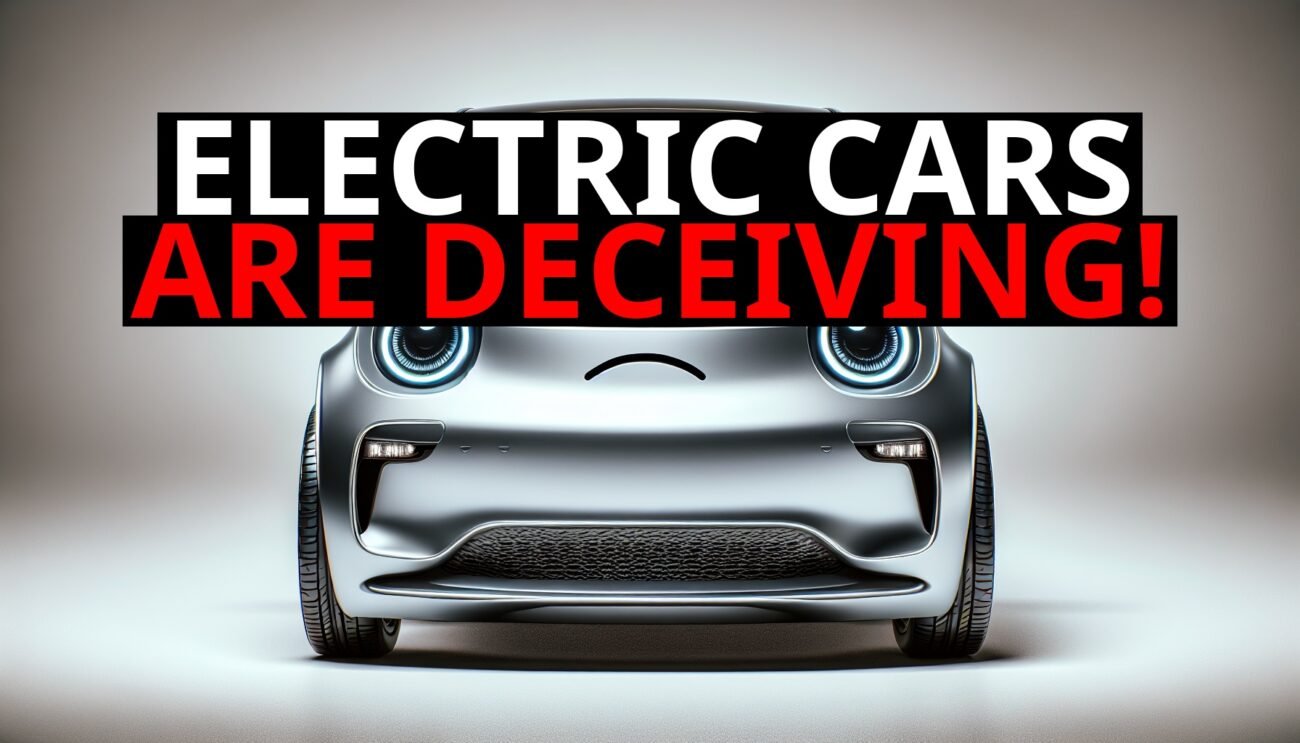The Hidden Environmental Costs Of Electric Cars
What if I told you that electric cars, often touted as the green revolution in transportation, might actually be worse for the environment than gasoline cars? Buckle up, because we’re about to dive into the unsettling truth about the limited lifespan of electric vehicles and the grim reality of battery replacement and disposal. The story behind these so-called eco-friendly cars might shock you.
The Lifespan Of Ev Batteries
Electric cars may seem like the perfect solution to our pollution problems, but there’s a hidden downside. One of the biggest issues is the lifespan of the batteries. Most electric vehicle batteries last around 8 to 10 years. After that, their performance drops significantly, and they need to be replaced. Unlike gasoline engines, which can be repaired and maintained for decades, EV batteries have a much shorter lifecycle. This means that after a decade, many electric cars are essentially throwaway items, destined for the scrap heap.
– Shorter Lifecycle: EV batteries typically last only 8 to 10 years.
– High Replacement Costs: Replacing an EV battery can cost thousands of dollars, often making it more economical to buy a new car rather than replace the battery.
Environmental Impact Of Battery Disposal
Replacing an electric vehicle’s battery is no small task. It can cost thousands of dollars, and the throwaway nature of these batteries not only hits the consumer’s wallet hard but also has severe environmental implications. Disposing of old batteries is a complex process that involves dealing with hazardous materials. The batteries contain lithium, cobalt, and other metals that can be toxic if not handled properly. Currently, the infrastructure for recycling these batteries is limited and costly, leading to many of them ending up in landfills, where they pose a significant environmental hazard.
– Hazardous Materials: EV batteries contain toxic metals like lithium and cobalt.
– Limited Recycling: The recycling infrastructure for EV batteries is not yet fully developed, leading to many batteries ending up in landfills.
Production Challenges
The production of these batteries is another major environmental concern. Mining for lithium, cobalt, and nickel, essential components of EV batteries, causes substantial ecological damage. These mining operations often occur in countries with poor environmental regulations, leading to deforestation, soil degradation, and water pollution. The carbon footprint of producing an electric car battery can sometimes be higher than that of manufacturing a gasoline car engine. This means that from the very start, electric cars have a significant negative impact on the environment.
– Mining Impact: Mining for battery materials leads to deforestation, soil degradation, and water pollution.
– High Carbon Footprint: The production of EV batteries can have a higher carbon footprint than manufacturing gasoline engines.
The Reality Of Demand And Technological Advancement
Now, you might be thinking that the growing demand for electric cars will push advancements in technology and recycling, but the truth is, the demand is not as high as some might believe. While there is interest in electric vehicles, it hasn’t surged to the levels needed to drive significant changes in production and disposal processes. As a result, the environmental costs of electric vehicles remain troublingly high.
Conclusion
While electric cars offer a quieter ride and zero emissions during use, their overall environmental impact is far from negligible. The limited lifespan of the batteries, the high cost of replacement, and the challenges of disposal and recycling make electric vehicles less eco-friendly than advertised. When you consider the entire lifecycle of an electric vehicle, from production to disposal, it’s clear that they might be worse for the environment than traditional gasoline cars.
What do you think about the true cost of electric vehicles? Do you believe they’re the right solution for our future, or is there a better way forward? Share your thoughts and experiences in the comments below. If you found this article eye-opening, share it with your friends and family. Let’s spread the word about the real impact of electric vehicles and explore more sustainable options together.













